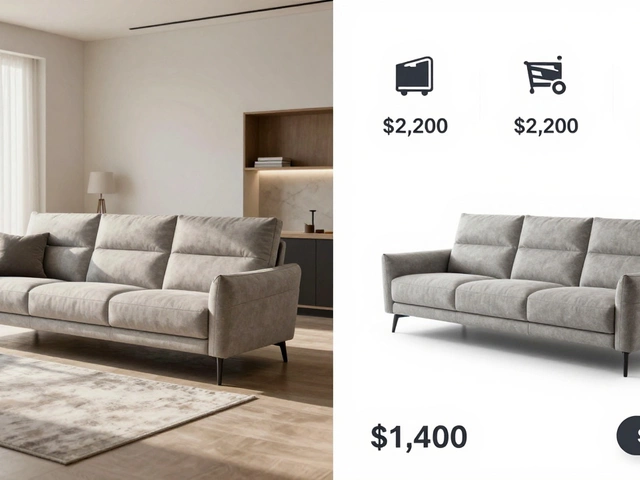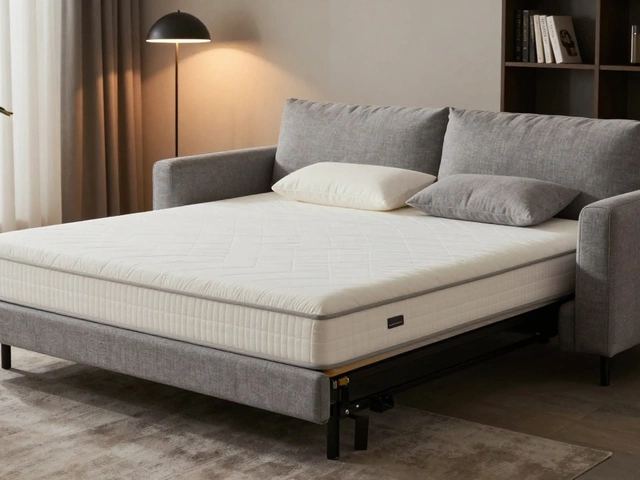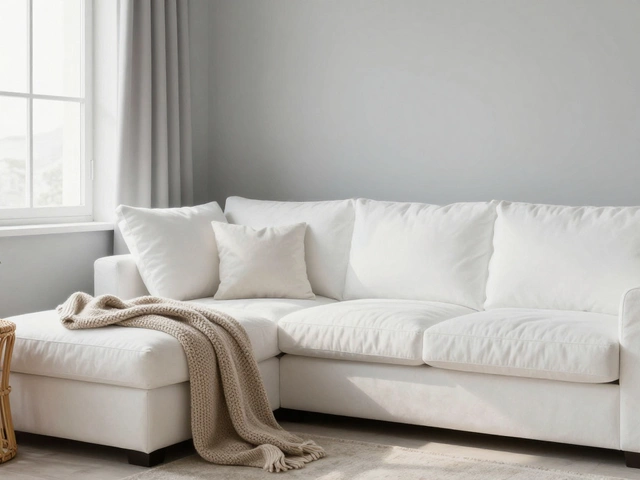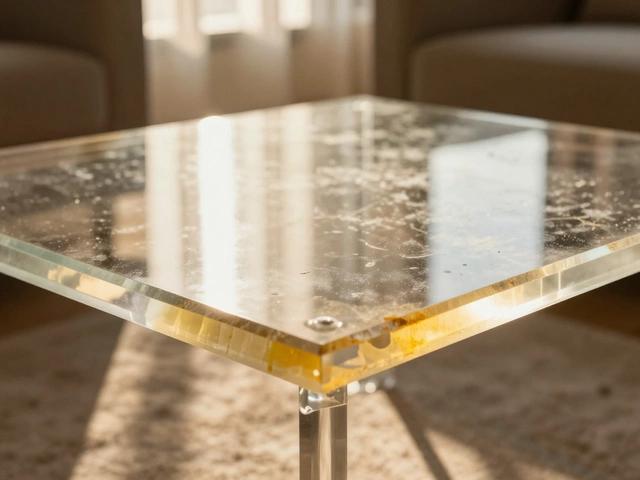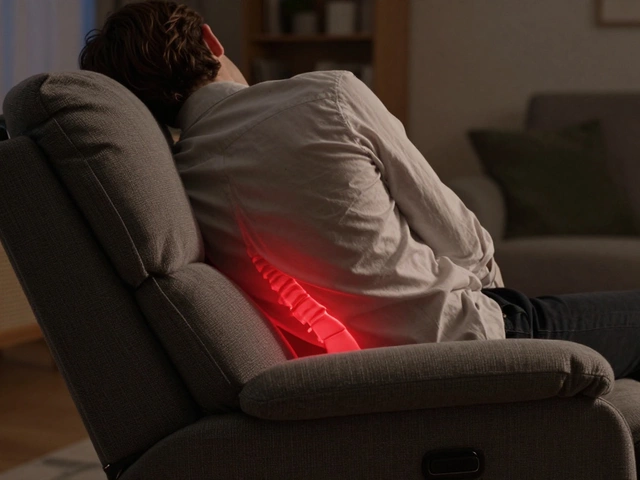Prevent Rotting: Keep Your Sofa and Furniture Safe from Moisture Damage
Ever notice a strange smell or soft spots on a couch that used to be firm? That’s rot setting in, and it usually starts with moisture. Whether you live in a rainy climate or just store a sofa in a basement, a few smart habits can stop rot before it wrecks your favorite pieces.
Know the Culprits: Water, Humidity, and Poor Airflow
Wood, fabric, and even metal frames love a dry environment. When water seeps in, it creates the perfect home for mold, fungi, and rot. Leaky windows, spills that sit too long, or a humid storage unit are the main offenders. The good news? You can spot the warning signs early – a musty odor, dark patches, or a sticky feel on the fabric.
Practical Steps to Stop Rotting
1. Dry spills right away. Grab a towel, press firmly, and let the spot air dry. Don’t rub – you could push moisture deeper.
2. Use dehumidifiers. In basements or closets where you keep extra chairs, a small dehumidifier keeps the air below 60% humidity, which is the sweet spot for most furniture.
3. Choose the right storage. If you need to store a couch, keep it upright, cover it with a breathable cloth, and avoid plastic sheets that trap sweat.
4. Apply protective finishes. A light clear coat on wooden legs or a water‑repellent spray on fabric adds a barrier without changing the look.
5. Rotate cushions regularly. Swapping cushion positions spreads wear evenly and lets each side breathe, reducing moisture buildup.
Another tip is to keep furniture away from direct contact with walls that might get damp. A few inches of space allows air to move and dries any stray moisture.
When you do a deep clean, use a mild solution of water and vinegar – it kills mold spores without harming the material. After cleaning, let everything dry completely before putting cushions back.
If you suspect rot has started, act fast. Scrape off any soft wood, sand the area, and apply a wood hardener. For fabric, a professional upholstery cleaner can pull out hidden mold before it spreads.
Finally, keep an eye on seasonal changes. In winter, heating can dry out wood and cause cracks where water later seeps in. In summer, high humidity can do the opposite. Adjust your home’s humidity control accordingly.
Preventing rotting isn’t about expensive products; it’s about paying attention to moisture sources and giving your furniture room to breathe. Follow these easy steps, and your sofa will stay comfy and sturdy for years to come.
How to Keep Garden Furniture from Rotting: Foolproof Tips That Work
Tired of garden furniture slowly falling apart outside? This article breaks down exactly why garden furniture rots and shares simple, practical steps that actually keep your chairs, benches, or tables looking fresh year after year. Learn about the best protective coatings, the impact of proper placement, and how easy regular checks can stop rot before it starts. Find out which materials outlast others in rough weather. Take the guesswork out of keeping your outdoor setup in tip-top shape.

